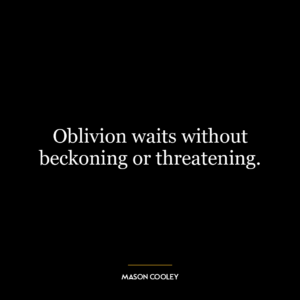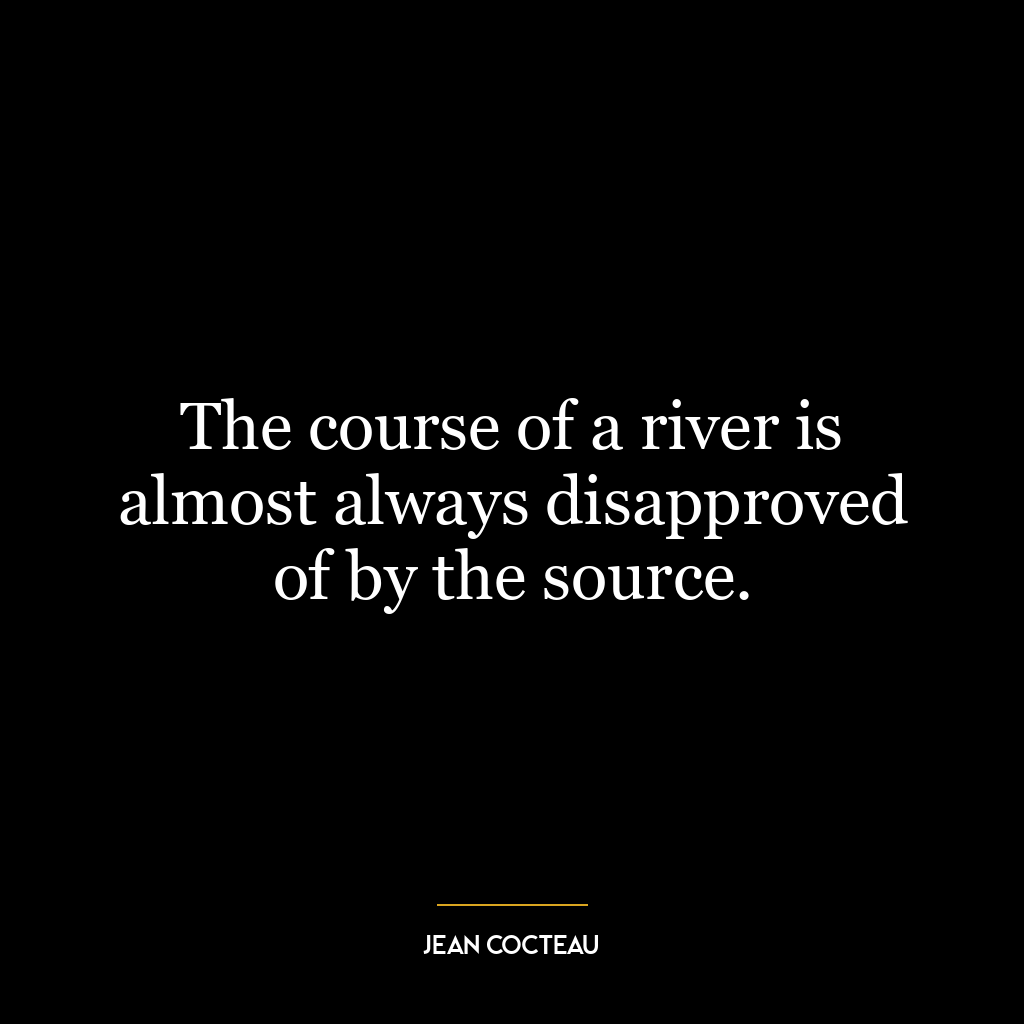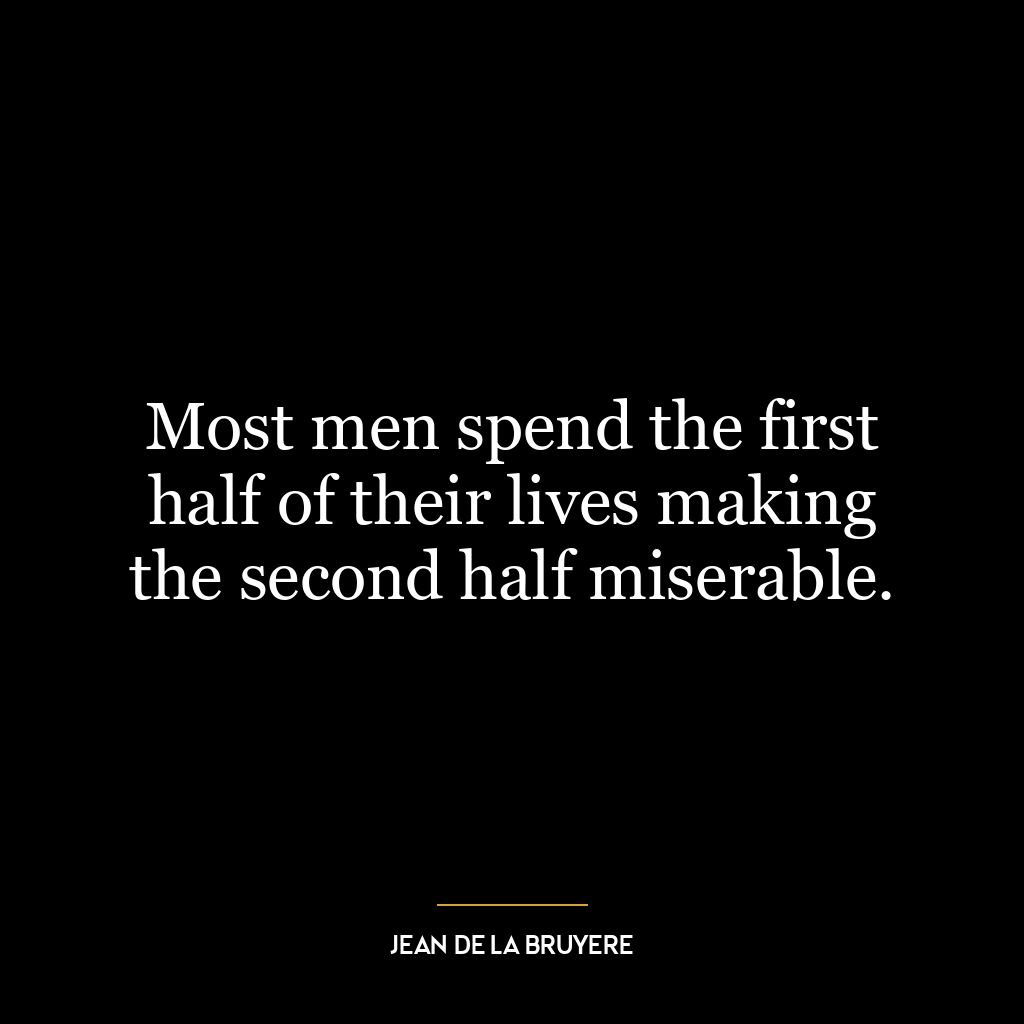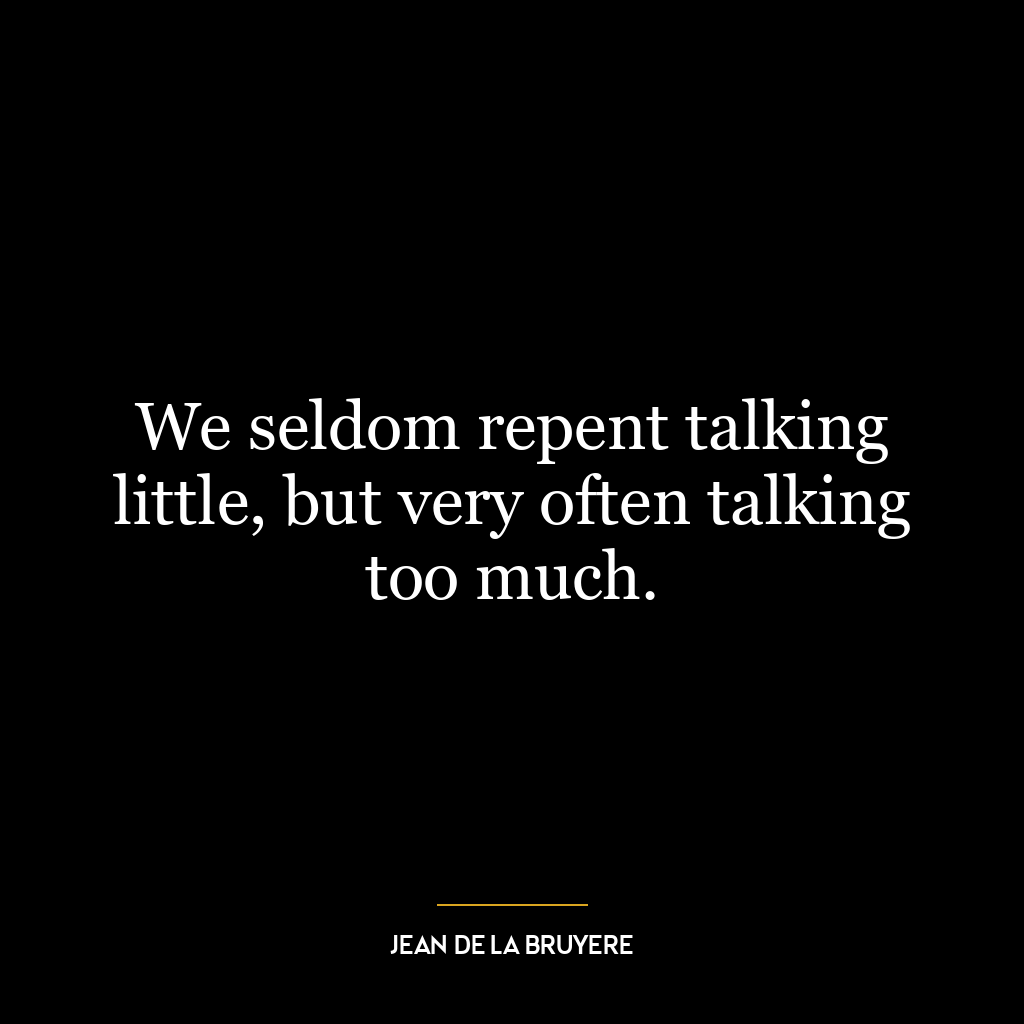This quote is a reflection on the human tendency to infuse our joys and pleasures with an undercurrent of self-pity. It suggests that often, even in our happiest moments, we tend to nurse a sense of sorrow or regret. This could be due to various reasons – perhaps we feel guilty for enjoying ourselves when others are suffering, or perhaps we’re already mourning the inevitable end of our happiness.
The phrase “cleanse my pleasures of self-pity” implies a desire to experience joy in its purest form – untainted by guilt, regret, or fear. It’s about allowing oneself the freedom and permission to fully enjoy life’s pleasures without diluting them with negative emotions or thoughts.
Applying this idea in today’s world could be particularly relevant given the constant pressures and expectations society places on us. In personal development terms, it might mean learning how to practice mindfulness and presence during happy moments rather than letting your mind wander into territories of self-doubt or guilt.
For example, if you’ve achieved something significant at work but find yourself thinking ‘I don’t deserve this,’ you’re essentially adding a dose of self-pity into your pleasure. Instead, acknowledging your hard work and success without downplaying it can help cleanse this pleasure from any traces of self-pity.
Furthermore, in an era where social media often highlights people’s best moments while hiding their struggles, it can be easy to fall into the trap of comparing one’s own life with others’, leading one towards feelings of inadequacy and hence self-pity even when experiencing joyful moments. The application here would then involve consciously refraining from such comparisons.
To sum up: this quote is about purifying our joys from any traces of sadness or regret – not just for greater satisfaction but also for healthier mental wellbeing.











